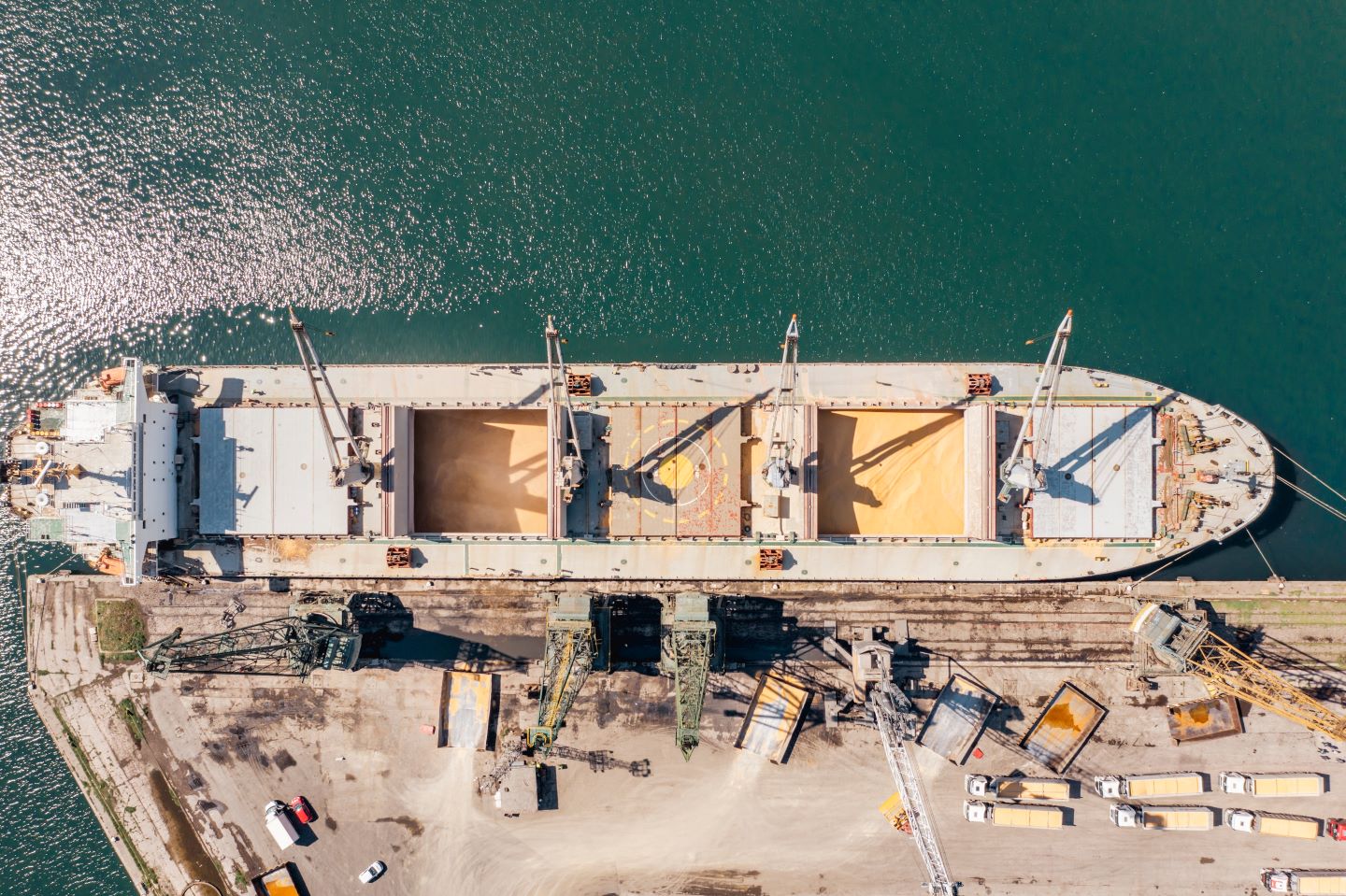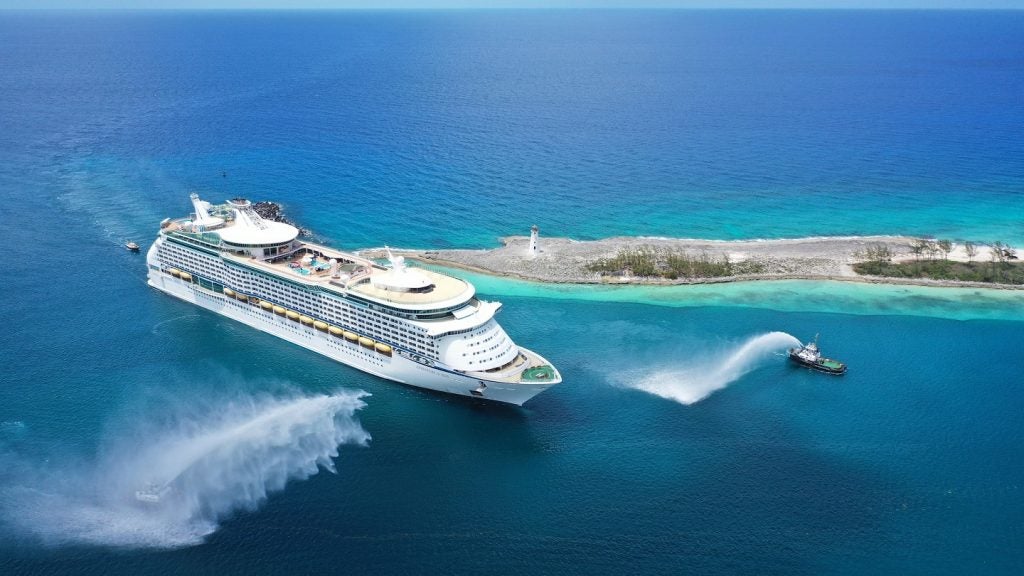
Russia halted the arrangement that allowed Ukraine to export grain from its Black Sea ports for the last year, leaving the Black Sea once again central to the ongoing conflict.
Last July, the United Nations (UN) and Turkey reached an agreement to ease the worldwide food crisis by allowing Ukrainian grain to be safely shipped.
Russia’s invasion of Ukraine, and its focus on southern port cities, blocked Black Sea grain exports in 2022 and led to global grain shortages. Ukraine is a significant grain and cereal exporter, and cities such as Odesa are key ports in the global shipping trade.
Today’s decision by the Russian Federation will strike a blow to people in need
As reported by Just Food, the Black Sea Grain Initiative, launched for an initial 120 days and extended three times since then, provided for the safe transportation of grains such as wheat out of three Ukrainian ports.
President Vladimir Putin’s spokesperson Dmitry Peskov told the Financial Times on Monday that the accord had “essentially stopped” and that Russia would no longer cooperate with it.
How well do you really know your competitors?
Access the most comprehensive Company Profiles on the market, powered by GlobalData. Save hours of research. Gain competitive edge.

Thank you!
Your download email will arrive shortly
Not ready to buy yet? Download a free sample
We are confident about the unique quality of our Company Profiles. However, we want you to make the most beneficial decision for your business, so we offer a free sample that you can download by submitting the below form
By GlobalDataRussia’s Foreign Ministry notified Ukraine, Turkey and the United Nations that “without Russia’s participation, the ‘Black Sea Initiative’ ceases to function from July 18”, Reuters reported.
This included the withdrawal of shipping safety assurances, the closure of a maritime humanitarian corridor and the dissolution of the Joint Coordination Centre created at the Black Sea’s mouth in Istanbul to supervise the deal’s execution, according to the statement.
According to Russia’s ministry, this meant that the northern Black Sea will be declared as a temporary hazard zone for shipping once more.
UN Secretary-General António Guterres highlighted the importance of the grain deal and its significance in feeding the “struggling people” of the world.
Guterres said: “The Black Sea Initiative, together with the memorandum of understanding on facilitating exports of Russian food products and fertilisers, has been a lifeline for global food security and a beacon of hope in a troubled world.”
The Russian Foreign Ministry said the deal may not be closed forever: “Only upon receipt of concrete results and not promises and assurances, will Russia be ready to consider restoring the deal.”
Guterres refuted this characterisation and pointed to proposals sent to President Putin: “The Russian Federation has highlighted the issue of access to SWIFT by the Russian Agricultural Bank as a key factor influencing its decisions. On this front, the United Nations recently brokered a concrete proposal to enable a subsidiary of the Russian Agricultural Bank to regain access to SWIFT with the European Commission.
“The key element underpinning this proposal’s political viability is that it can be implemented within existing regulations. We see this as a unique political opening, stemming from a genuine desire to protect global food security beyond 17 July.”
“Today’s decision by the Russian Federation will strike a blow to people in need everywhere. But it will not stop our efforts to facilitate the unimpeded access to global markets for food products and fertilizers from both Ukraine and the Russian Federation.
“I particularly want to recognize the efforts of the government of Türkiye in this regard,” Guterres added.







